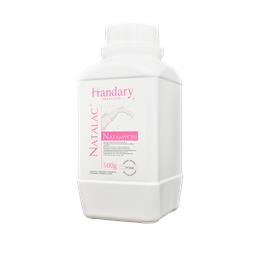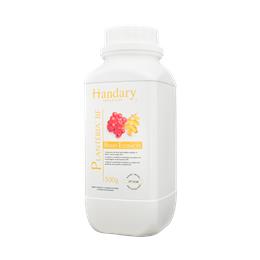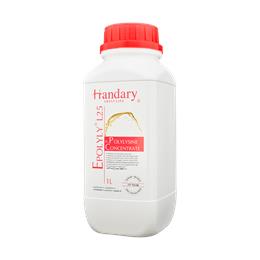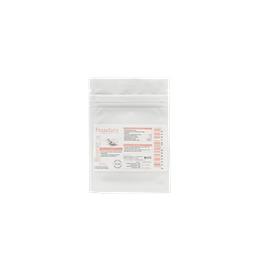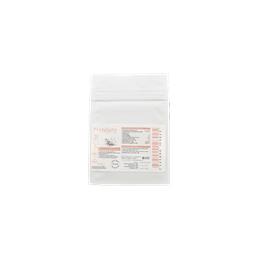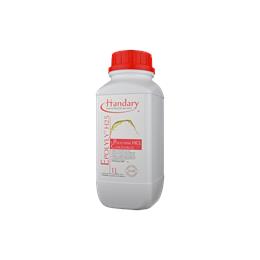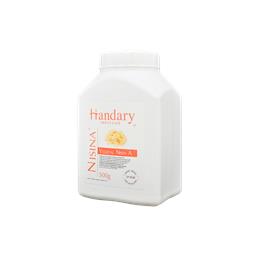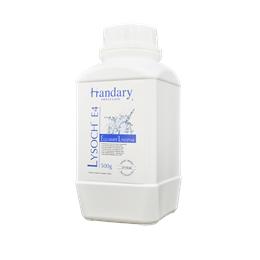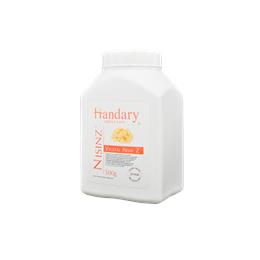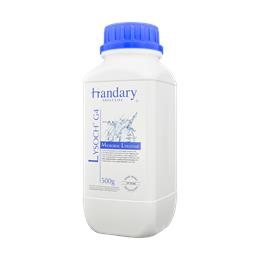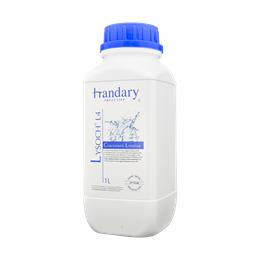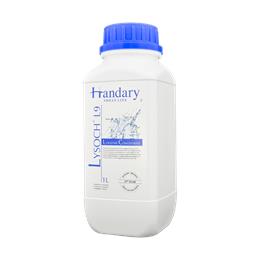Description
Cheese is a dairy product that is made by coagulating milk proteins and separating the curds (solid) from the whey (liquid). The curds are then pressed and aged to create a wide variety of different cheese types, each with its own distinct flavor, texture, and appearance.
Cheese can be made from the milk of cows, goats, sheep, and other animals. It can be categorized by its texture (soft, semi-soft, hard), its flavor (mild, sharp, pungent), and its type of milk (e.g. cheddar made from cow's milk, feta made from goat's milk).
Cheese is a great source of protein, calcium, and other essential nutrients. However, it's also high in saturated fat and calories, so it's important to consume it in moderation as part of a balanced diet. It's also important to choose high-quality, natural cheeses and to avoid processed cheese products that contain additives and preservatives.
Yeasts & Molds
Yeasts and molds are an important part of the cheese-making process, as they contribute to the unique flavors and textures of many types of cheese. However, if the growth of yeasts and molds is not properly controlled, they can also cause spoilage and decrease the shelf life of the product.
During the cheese-making process, specific strains of yeasts and molds are often added to the milk to help control microbial growth and promote desirable flavors and textures. For example, blue cheeses such as Roquefort or Gorgonzola are made with the addition of specific molds that give the cheese its characteristic blue-green veins.
However, if other types of yeasts and molds are present in excessive amounts during the aging process, they can cause spoilage and decrease the quality of the cheese. This can result in off-flavors, slimy or moldy textures, and other quality issues.
Overall, controlling the growth of yeasts and molds in cheese requires a combination of proper ingredient handling, production practices, and storage conditions. By following good manufacturing and storage practices, manufacturers and consumers can help to ensure that these products remain safe and free from spoilage.
Total Aerobic Bacteria
Bacterial spoilage is a common issue in cheese production, as many different types of bacteria can grow and cause spoilage if not properly controlled. Bacterial spoilage can result in off-flavors, odors, textures, and other quality issues that can render the cheese unsuitable for consumption.
During cheese production, starter cultures containing specific strains of bacteria are often added to the milk to help control microbial growth and promote desirable flavors and textures. However, if other types of bacteria are present in excessive amounts during the aging process, they can cause spoilage and decrease the quality of the cheese.
The most common types of bacteria that can cause spoilage in cheese include lactic acid bacteria, coliforms, and psychrotrophic bacteria. Lactic acid bacteria are typically used as starter cultures in cheese production, but can also cause spoilage if they grow out of control. Coliforms are typically found in soil and water and can enter cheese during the production process. Psychrotrophic bacteria are capable of growing at low temperatures, such as those found in refrigeration, and can cause spoilage if not properly controlled.
Overall, controlling bacterial spoilage in cheese requires a combination of proper ingredient handling, production practices, and storage conditions. By following good manufacturing and storage practices, manufacturers and consumers can help to ensure that cheese remains safe and free from spoilage.
 English
English 简体中文
简体中文 Français
Français Español
Español
